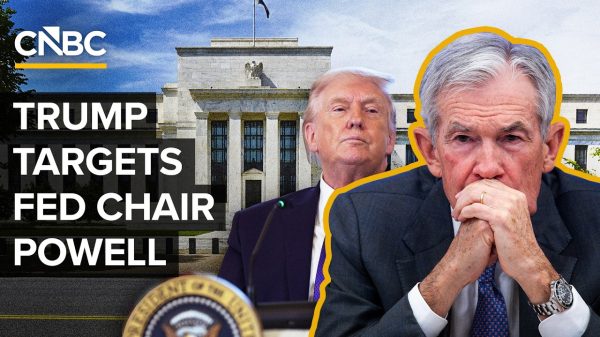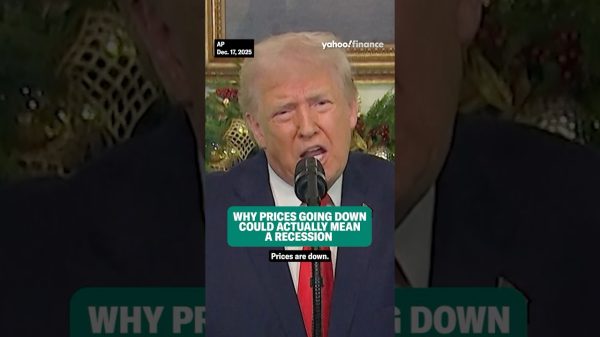By Trixie Yap and Laura Sanicola
(Reuters) -Oil prices rose in Asian trade on Tuesday, after a drop of more than 3% in the previous session, as worries over supply stirred by conflict in the Middle East blunted a dismal showing of China data.
December futures, set to expire on Tuesday, rose 36 cents, or 0.41%, to stand at $87.81 a barrel by 0305 GMT. The more heavily traded January Brent crude futures climbed 29 cents, or 0.34%,to $86.64 a barrel.
U.S. West Texas Intermediate crude increased 34 cents, or 0.41%, to $82.65 a barrel.
Oil fell more than 3% on Monday as investors grew cautious ahead of Wednesday’s U.S. Federal Reserve meeting, despite an escalation of Israel’s attacks on Gaza.
“Although it implemented a ground attack, it also retreated very quickly and Iran is currently only resorting to verbal deterrence,” said CMC Markets (LON:)’ analyst Leon Li, who is based in the Chinese commercial hub of Shanghai.
“If this evolves into a full-scale invasion and there is involvement from Iran, tighter supply worries could resurface.”
Prices had rebounded on a technical correction earlier on Tuesday and market upside now hangs on whether Israel expands its ground offensive, he added.
In a note, ING analysts said, “Disruptions to Iranian oil flows remain the most obvious risk to the market.”
Such lost supply could range between 500,000 barrels per day (bpd) and 1 million bpd if the United States strictly enforces sanctions once again, they added, although Middle East developments had yet to affect oil supply.
Weaker-than-expected manufacturing and non-manufacturing activity data from China stoked fears of slowing fuel demand from the world’s No. 2 oil consumer.
Its official purchasing managers’ index missed a forecast and dipped back below the 50-point level separating contraction from expansion.
Prices gained some support from concern over prospects for crude exports from Venezuela, riven by election uncertainty.
The Supreme Court’s suspension of the results of this month’s opposition presidential primary is likely to call into question whether the United States will keep up its relief from sanctions for Venezuela, the ING analysts said.
The U.S. had recently decided to ease sanctions in return for the promise of fairer elections in 2024, they added.
Markets were also keeping a close eye on the U.S. central bank meeting, which affects domestic fuel demand, despite a high likelihood of interest rates keeping steady, according to a poll by CME’s Fedwatch tool.
Read the full article here











